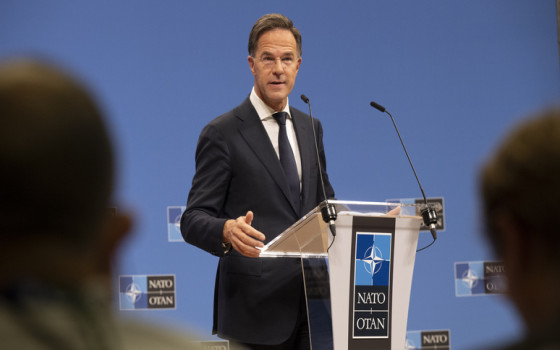
The NATO summit begins today in The Hague to discuss increasing NATO spending to 5% of GDP. NATO Secretary General: A qualitative leap to strengthen deterrence against Russia.

- Europe and Arabs
- Tuesday , 24 June 2025 12:36 PM GMT
The Hague: Europe and the Arabs
The NATO summit is being held in The Hague, Netherlands, today and tomorrow. The crisis in the Middle East is expected to cast a shadow over the NATO summit, at which member states will announce a new defense spending target of 5% of GDP. This move aims to strengthen military capabilities and confront growing threats, particularly from Russia.
NATO Secretary General Mark Rutte announced, in remarks made on the eve of the alliance's summit in The Hague, that the targeted increase in member states' defense spending will significantly enhance the alliance's capabilities, through increases that include a fivefold increase in air defense capabilities, the purchase of "thousands" of additional tanks and armored vehicles, and "millions" of artillery rounds. On Wednesday, the leaders of the 32 NATO member states are expected to approve a new defense spending target of 5% of each country's gross domestic product (GDP). This is more than double the previous target of 2% agreed upon at the Wales Summit in 2014.
Rutte described this increase as "an ambitious, historic, and fundamental leap forward in securing our future," asserting that it will lead to a "stronger, fairer, and more lethal Alliance."
He noted that the security environment has changed and emphasized that if the alliance does not increase military spending and production, "deterrence will not be strong enough" in the near future, as Russia may then have the means to attack another European country.
The new spending target will be divided into two parts: 3.5% of GDP will be allocated to core military spending, which includes the purchase of military equipment, while the remaining 1.5% will be used to finance additional defense investments focused on enhancing military mobility, cybersecurity, military-civilian cooperation, and capacity building to counter hybrid threats. It's worth noting that the full list of details, which was reached after arduous negotiations between the allies last Thursday, will remain confidential.
Sources close to the negotiations reported that NATO member states will have a deadline of 2035 to reach the new defense spending target.
U.S. Ambassador to the alliance, Matthew Whitaker, confirmed Wednesday morning that the United States believes that "the timeline, quite frankly, is as soon as possible," noting that "there is no indefinite timeframe here. Our adversaries will not wait for us to be ready." He added that Washington expects "impressive and meaningful growth" in the allies' defense budgets year after year. A periodic review of each country's spending and capabilities is scheduled to be conducted by 2029. NATO Secretary General Mark Rutte described this review and the countries' commitment to submit annual progress reports as "a significant departure from the Wales Summit Pledge," in which countries agreed to a spending target of 2% of GDP, but many have yet to achieve this goal despite US criticism and pressure.
Rutte said that NATO member states, including Albania, Canada, and 23 EU countries, as well as Iceland, Montenegro, North Macedonia, Norway, Turkey, the United Kingdom, and the United States, will have "flexibility in determining their own path to achieving the commitments."
This new wording comes amid continued refusal by some countries to commit to the target, such as Spain, which cited internal economic difficulties as its reason for refusing to commit until last Sunday. Its Prime Minister, Pedro Sanchez, received a letter from Rutte with the same terms agreed upon with the other countries. According to the Brussels-based Euronews website, the NATO summit in The Hague officially begins on Tuesday with a series of meetings bringing together foreign and defense ministers from member states. Representatives from Ukraine will also be present.
In parallel, the leaders will participate in a dinner hosted by the Dutch King, followed by a formal working session on Wednesday morning.
According to sources familiar with the summit arrangements, an agenda has been designed to ensure US President Donald Trump's focus and active participation in discussions related to the alliance's goals.
The summit's final statement is expected to be shorter than those issued at the previous two summits in Washington and Vilnius. It is expected to note that Russia continues to pose a long-term strategic threat to the security of Europe and the Atlantic Union.
As for Ukraine, it is expected to be briefly addressed, with the allies reaffirming their support for the country, which is suffering from the effects of the ongoing war, without repeating the reference to an "irreversible path" to Ukraine's accession to the European Union, which was included in the previous statement.


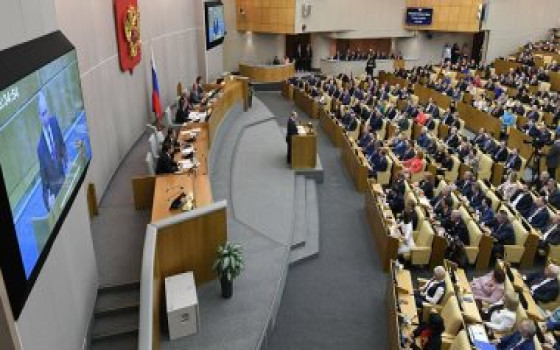
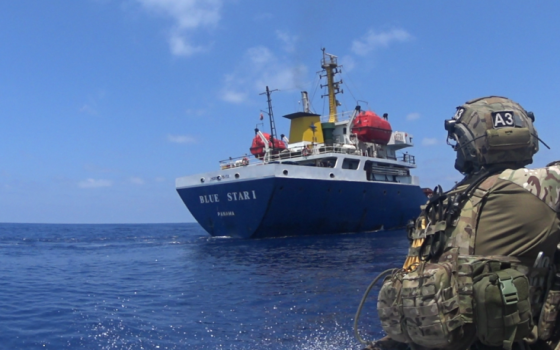
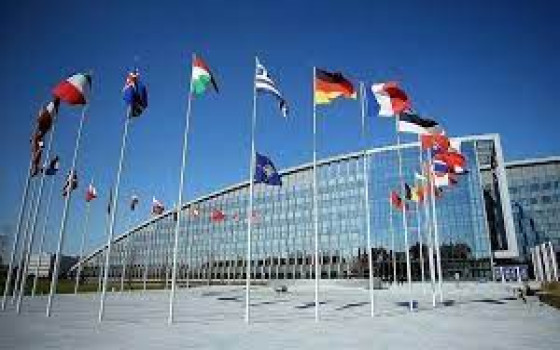
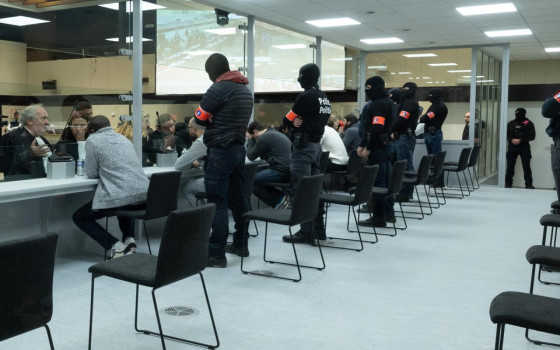
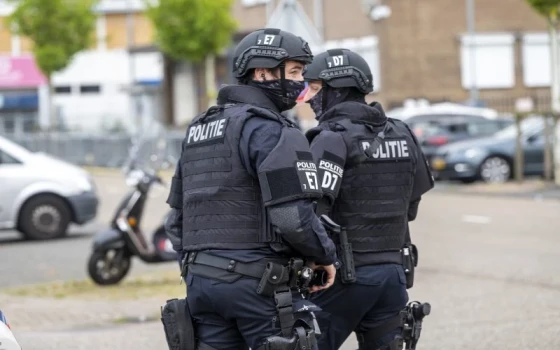
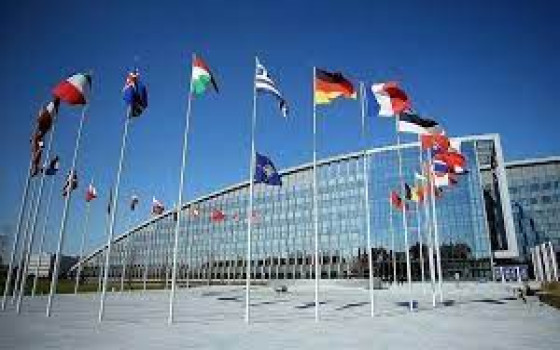
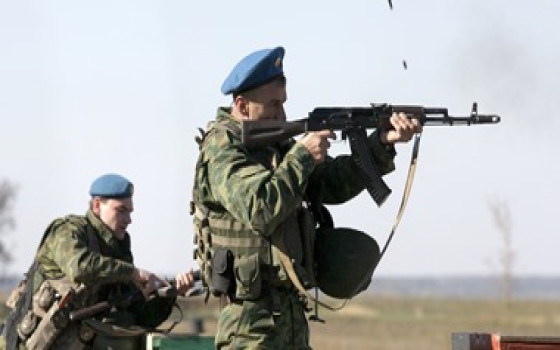
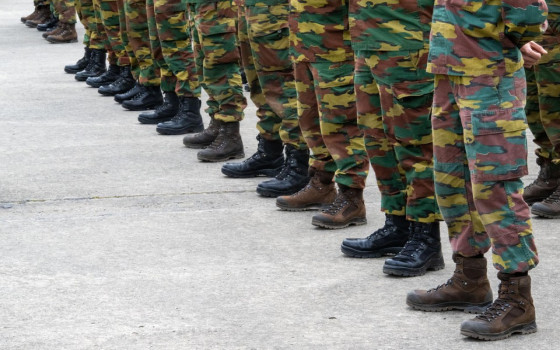

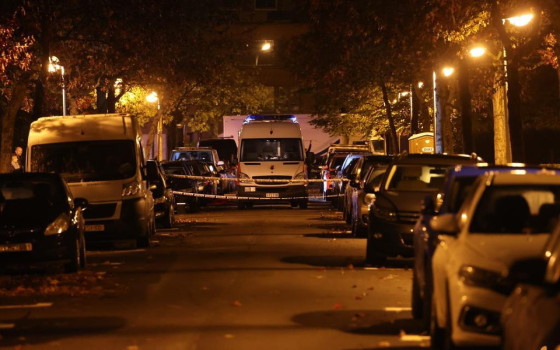
No Comments Found